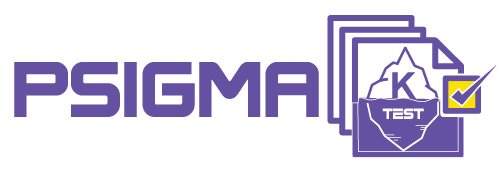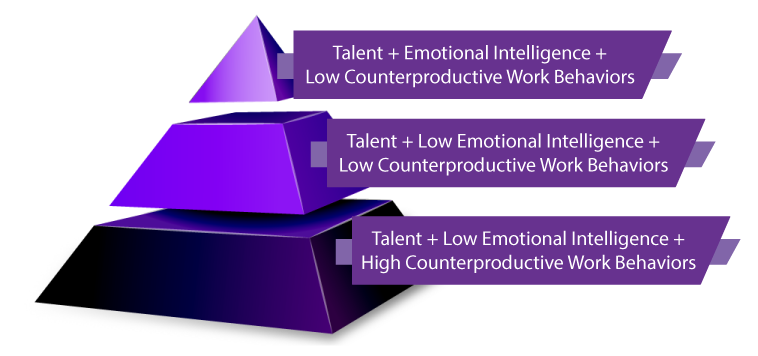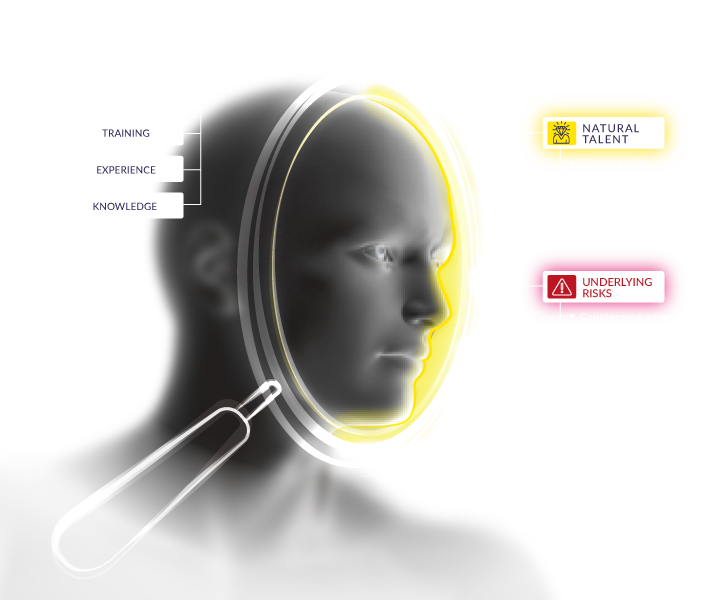

Psigma (K)Test, a comprehensive assessment model for all roles in the organization
Evaluations designed for all positions in your organization, diagnosing Natural Talent and identifying Counterproductive Work Behaviors (CWBs) in your candidates.
Evaluate Critical Factors for Each Position
Psigma (K)Test, a single assessment model with 52 different profiles. Select and apply the specific profile for the position you want to evaluate; our integral assessment model will identify the potential of the individual being evaluated for that role:
Competencies
Personality
Emotional Intelligence
Counterproductive Work Behaviors
Contact Us!
Form to request additional information, not for candidates or for scheduling assessments
How to Apply Psigma (K)Test?
Years of research enable us to understand critical aspects of any role to be evaluated:
- Integrated assessments to identify Natural Talent
- 52 Available Profiles
- Integration of key and precise information for decision-making
- Identification of potential and key areas for development


Natural Talent Model
Whether a person will have high potential for superior performance, or if their CWBs will affect their potential, largely depends on the balance of this model.
Certain behaviors can emerge during conflict or tension, revealing complexities that are often poorly managed. This can become problematic in human interactions. Talent is essential but not sufficient for high performance.

Evaluations that predict high performance, reduce turnover, and enhance leadership

DISC Behavioral Style
The DISC assessment involves understanding each person through the combination of four Behavioral Styles. Based on these styles, it is possible to understand a person’s everyday behavior in different environments:
D
Dominance
Refers to a person's determination and results orientation.
I
Influence
The ability to connect with others and persuade effectively.
S
Stability
The level of calmness and patience a person exhibits in their behavior.
C
Conformity
The tendency to follow rules and procedures and be meticulous in work.

Counterproductive Work Behaviors
Counterproductive Work Behaviors are negative traits in people’s behavior that are not easily detectable; they manifest themselves in high-pressure or stressful situations. They might also appear in certain contexts as a coping mechanism that the individual has developed to handle particular challenges.
Why Use Psigma (K)Test?
The model evaluates:
- Competencies
- DISC
- Emotional Intelligence
- Counterproductive Work Behaviors
- Evaluations cover all positions
- A different profile for each role
- Easy integration with ATS and HRIS
- Improves efficiency and accuracy in the selection process